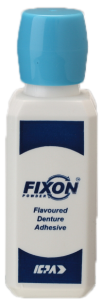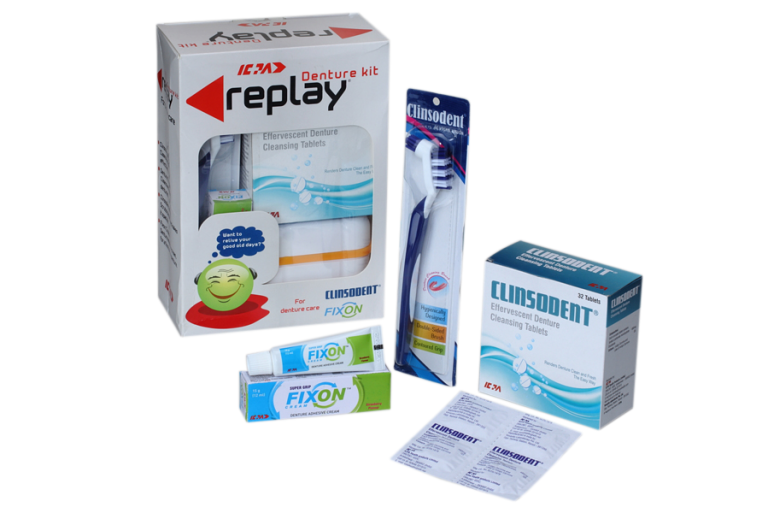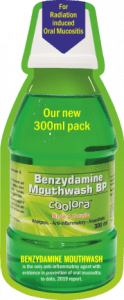Date: 9th Dec., 2016
In the first part of this article, I spoke about the history, types, composition and mechanism of denture adhesives. In case you missed it, you can check it out here.
In this part, we will cover various factors that influence the use of denture adhesives.
Ideal Characteristics A Denture Adhesive Should Have
Denture adhesives are meant to ease the use of dentures. To be able to do that, a dental adhesive should ideally have the following characteristics:
- It should be non-toxic, non-irritating and biocompatible with the oral tissues
- It should not promote microbial growth
- It should be odorless, tasteless, easy to apply and remove
- Its retentive properties should last for 12-16 hours after application
- It should provide comfort, retention and stability
- It should function during speech and mastication
Indications for Using Denture Adhesives
As dentists, we should know which cases need the prescription for adhesives and which don’t. So, here’s a list of indications suitable for the use of denture adhesives:
- For stabilization of trial denture bases, for recording jaw relations
- During the trial stage, for improving the accuracy of verifying the jaw relation records, and in assessment of teeth arrangement in the patient’s mouth
- During denture insertion, by improving the retention in patients with compromised denture bearing areas. It also helps the patient to adapt to new dentures.
- They help in improving the retention of immediate dentures during the interim phase of tissue adaptation and resorption
- Studies have proved that denture adhesives may help in reducing the denture irritation in patients with sensitive oral mucosa
- It is a useful tool for patients suffering from dry mouth due to systemic problems like Parkinson’s disease, etc.
- They aid in retention of maxillofacial prosthesis like obturators, etc.
- It is a valuable adjunct to the retention of prosthesis designed for administration of drug therapy
Contraindications for Denture Adhesive Use
Denture adhesives can also cause harm if prescribed wrongly. There are certain contraindications for the use of denture adhesives. They are as follows:
- Patients allergic to denture adhesives components
- Should not be used with grossly ill-fitting dentures
- Should not be used with fractured dentures
- Patients who do not follow the denture cleansing protocols
- It should always be applied after removing the previous layer of adhesives
- Patients having fungal infection in their mouth
How to Use Denture Adhesives
I would also like to give the following instructions to my readers about denture adhesives application procedures:
- Clean and dry the tissue-bearing surface of the denture
- Remove residual adhesive material remaining in the dentures with cotton applicator
- Avoid scratching or mutilating tissue bearing surface of the denture while removing the adhesives from the tissues
- Wipe the epithelial tissue covering the denture bearing regions from any previous denture adhesives, mucous, saliva and food debris
- Apply small quantity of denture adhesives to the tissue-bearing surface of the denture
- Wet the denture before applying denture adhesive powder
- Seat the denture in oral cavity and hold it firmly for 10-15 seconds after adhesive application
- Remove any excess adhesive coming out at the borders with cotton
- Instruct the patient to close in centric or do swallowing movements several times to distribute the adhesives uniformly and evenly
The basic application methods will remain same for all the denture adhesives available in the market. The most commonly available forms in the market are as follows:
- Fixon denture adhesive powder – comprises of carboxymethyl cellulose with flavours.
- Fixon cream available in strawberry flavor – comprises of Gantrez MS, Sodium carboxymethyl cellulose, white petrolatum, aerosol.
- Fixon supergrip powder – comprises of Gantrez MS, Sodium carboxymethyl cellulose

All three forms are easily available in the market and the patient may choose them as per their individual preferences.
Conclusion
Denture adhesives can improve patient’s acceptance of comfort with dentures. They are an integral part of a professional service and their adjunctive benefit must be recognized.
However, as in any other form of adjunctive therapy, there is an inherent risk of patients ignoring need for professional help when dentures become ill fitting. Therefore, denture patients should use adhesives on the advice of their dentists. They should also be instructed on its proper use and cautioned against its misuse.
If you use dentures, you need to take extra care to maintain oral hygiene. Denture management kits like the Replay Kit are perfect for comprehensive denture care. This kit includes Fixon Denture Adhesive Cream, a specialized Clinsodent Brush for effective brushing and Clinsodent tablets for denture cleansing.

References
- Kapur KK. A clinical evaluation of denture adhesives. J Prosthet Dent 1967;18:550-8.
- Stafford GO, Russell C. Efficieny of denture adhesives and their possible influences on oral microorganisms. J Dent Res 1971;50:832-7.
- Tarbet WJ, Boone M, Schmidt NF. Effect of denture adhesives on complete denture dislodgement during mastication. J Prosthet Dent 1980;44:1-8.
- Abdelmalek RG and Micheal CG. Effect of denture adhesive on palatal mucosa under complete denture. A Clinical and histological investigation. Dent J 1978;24:419-30.
- Kenneth AI. The use of denture adhesive as an aid to denture treatment. 1989;62:771-5.




